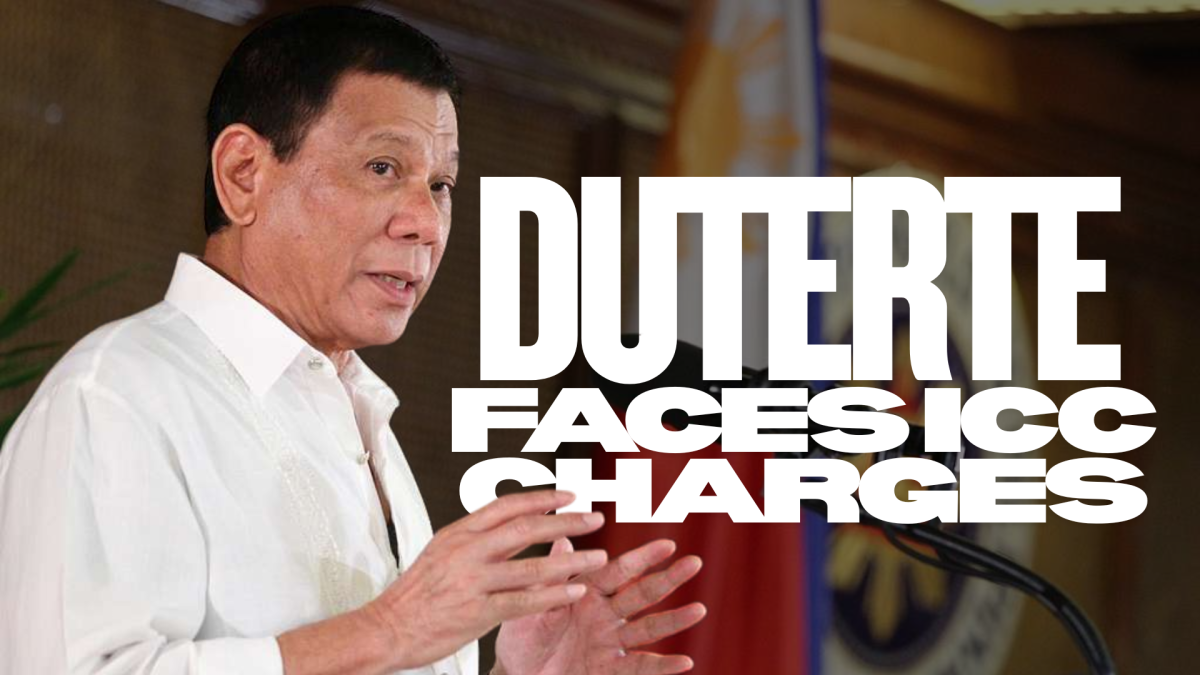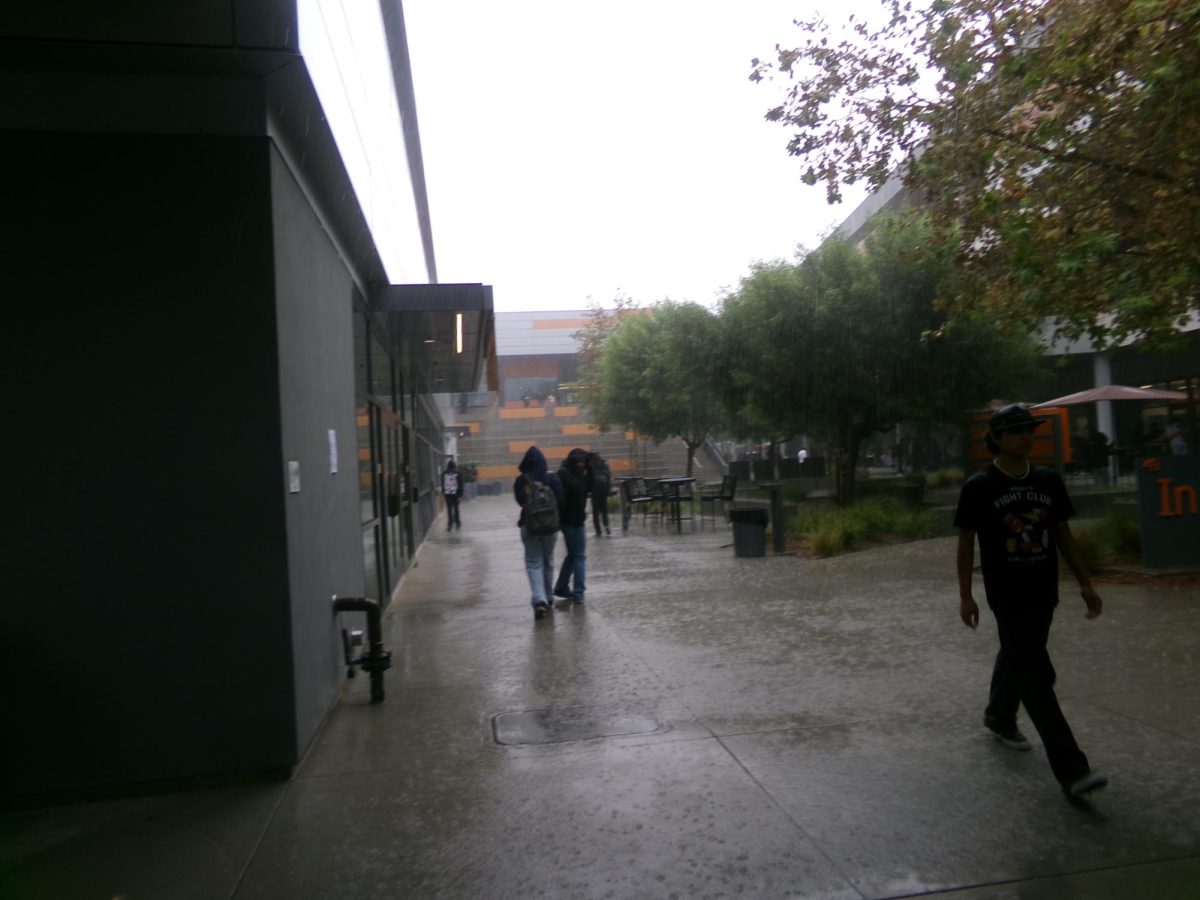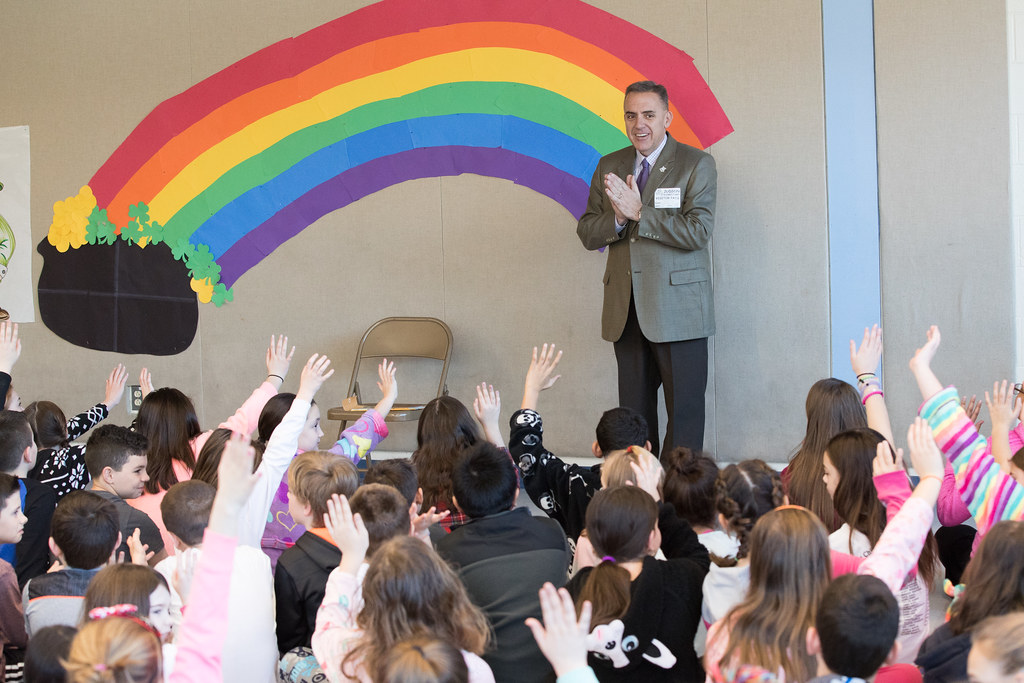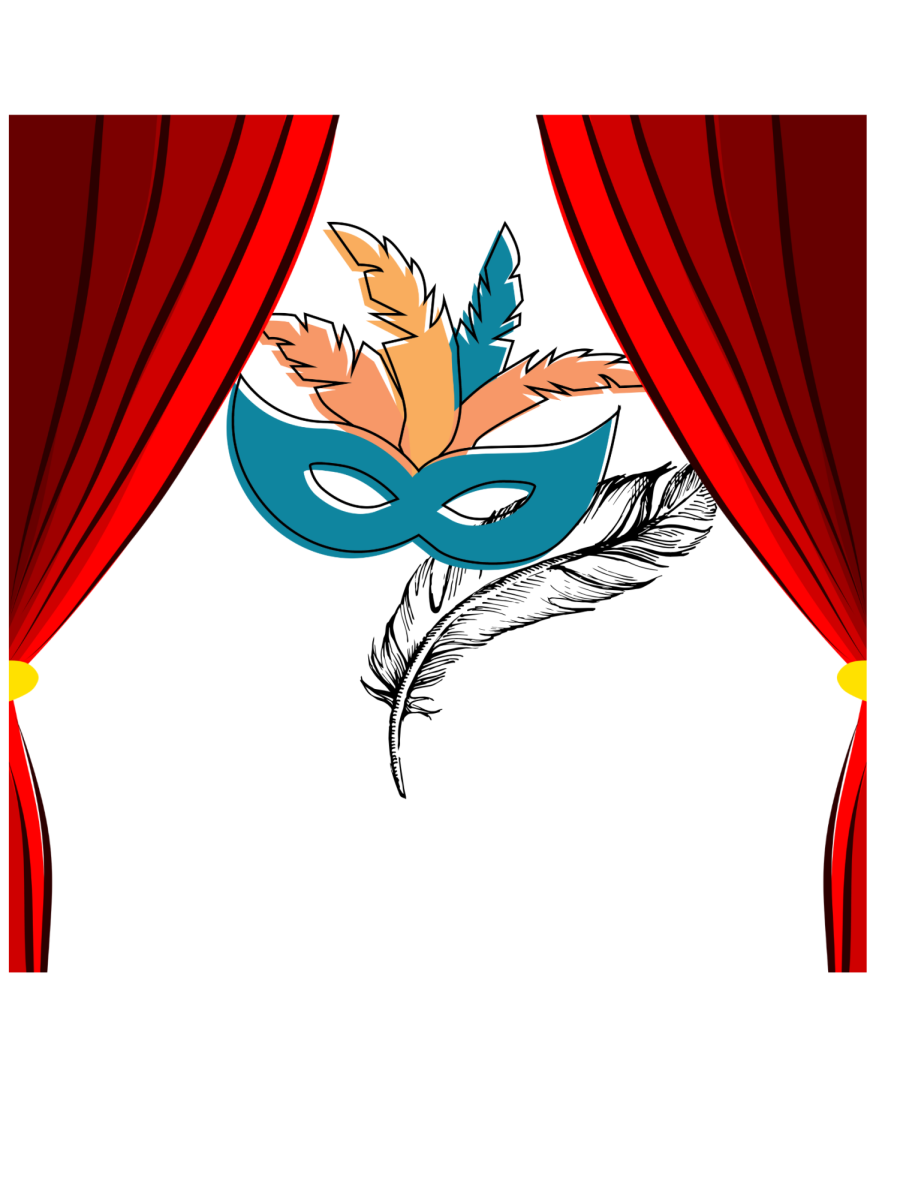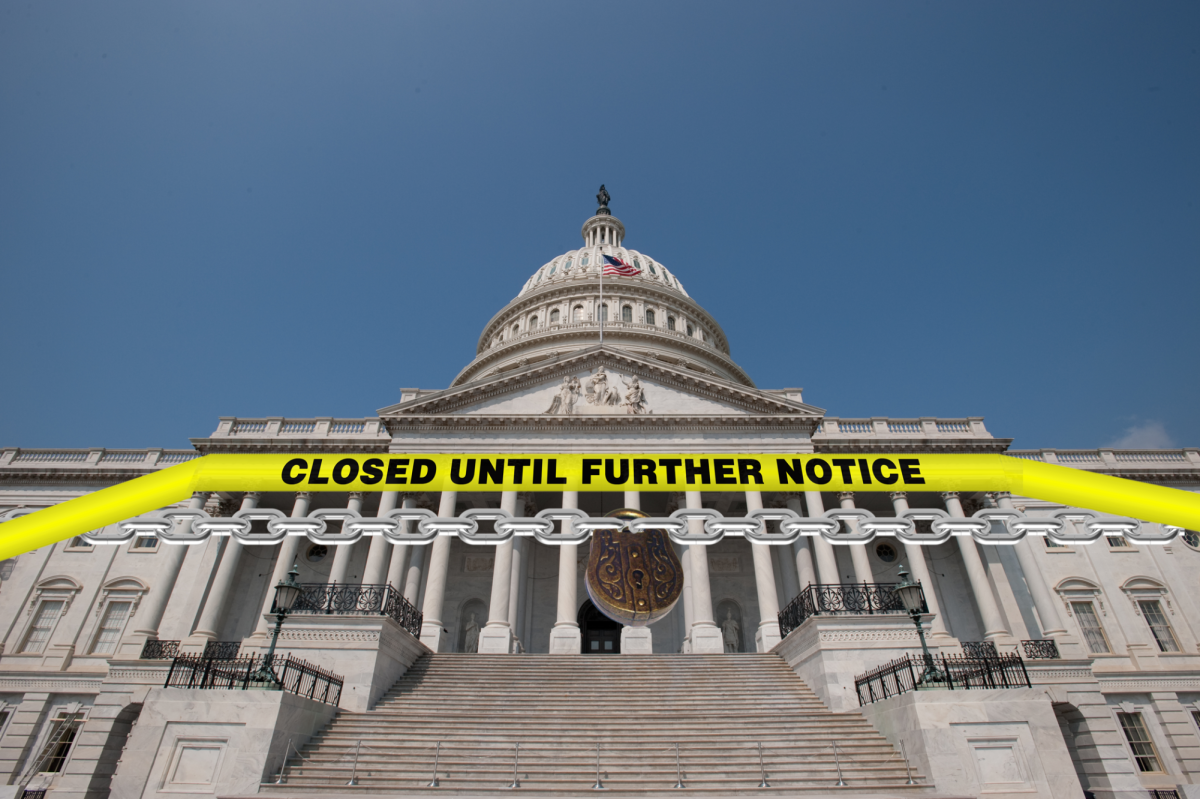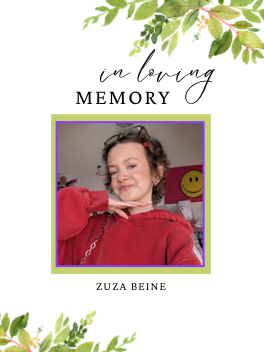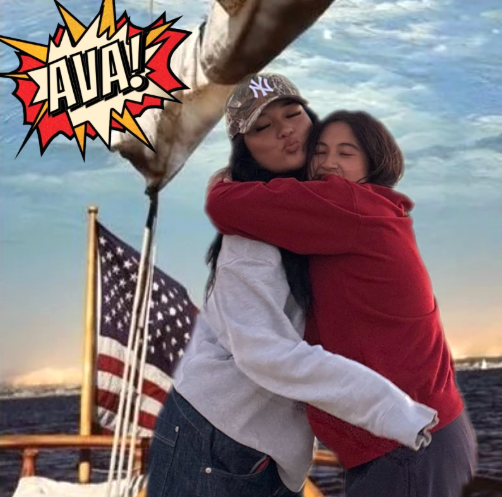Rodrigo Duterte, the former president of the Philippines, has been officially charged by the International Criminal Court (ICC) with crimes against humanity, claiming that he was responsible for the mass murders that occurred during his nation’s brutal war on drugs.
After being detained in Manila on an ICC warrant earlier this year, Duterte, who was president of the Philippines from 2016 to 2022, was moved to The Hague. Between 2011 and 2019, when Duterte served as Davao City’s mayor and then as president, prosecutors charged him with being an indirect co-perpetrator in the murders of at least 76 people.
The charges were focused on a sample of murders that, according to the prosecution, show a trend of extrajudicial executions conducted under Duterte’s leadership. According to human rights organizations, during his presidency, thousands of people were killed in attacks and police operations.
This week, ICC judges will decide whether there is enough evidence to proceed with a trial at a pre-trial hearing. Duterte has long maintained that his anti-drug campaign was required to defend the nation against criminal syndicates and has denied any wrongdoing. His lawyers have also raised questions about his fitness to stand trial, citing health concerns.
Since many of the alleged crimes took place when the Philippines was still a member of the Rome Statute, the court maintains jurisdiction even after the Philippine government withdrew from the ICC in 2019. Domestic political divisions have grown as a result of the decision to assist Duterte’s transfer to The Hague.
Families of the victims say the case is a long-overdue step toward accountability, while supporters are calling it an assault on Philippine sovereignty. Duterte would be among the few former heads of state to be tried by the ICC for crimes against humanity if the charges are upheld.
Following the news of Duterte’s arrest, the relatives of drug war victims expressed relief and hope. The moment was overwhelming, according to Dahlia Cuartero, whose son was killed in a 2016 police operation.
“There is no equivalent to the joy I am feeling right now, along with tears of happiness over Duterte’s arrest,” Cuartero shared in Filipino, according to a statement from the victims’ group, Rise Up For Life and for Rights, which started in response to the drug wars.
“My parents told me that this could change how future presidents act,” shared Carmela Gabriel, an ERHS student. “If leaders know that they can be charged in an international court, then maybe they will think twice before they hurt people. It gives me and my family hope that the Philippines can still improve.”

